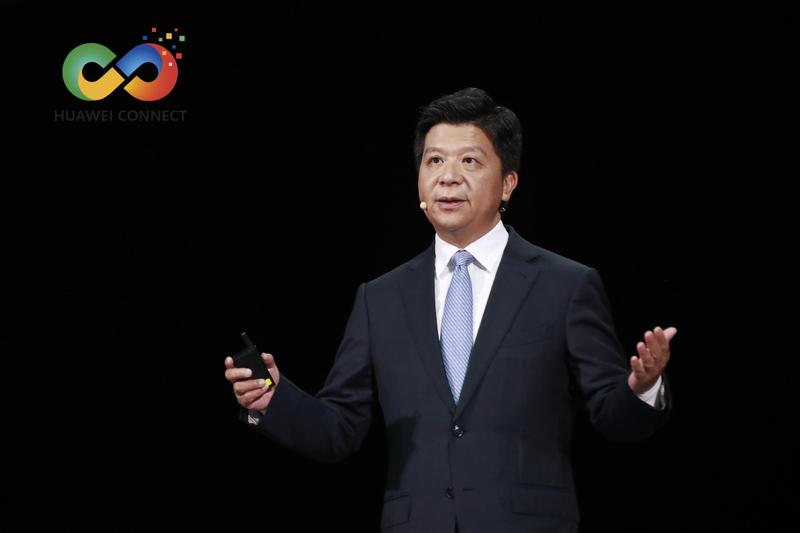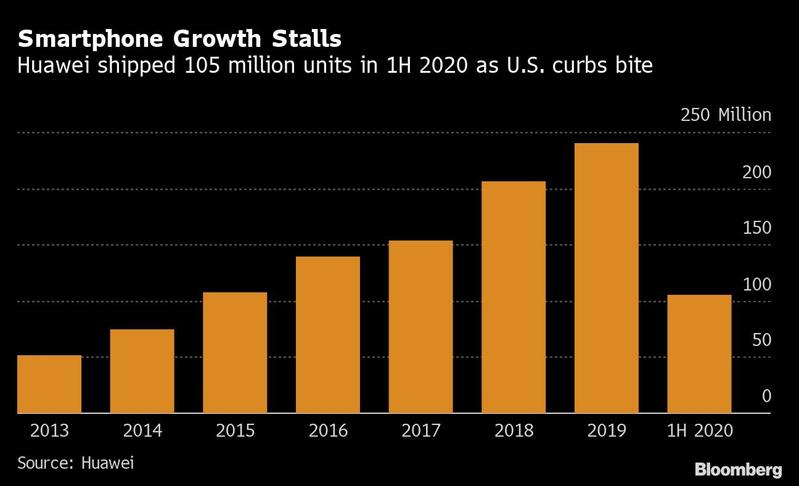 This undated photo shows Guo Ping, rotating chairman of Huawei Technologies. (PHOTO PROVIDED TO CHINA DAILY)
This undated photo shows Guo Ping, rotating chairman of Huawei Technologies. (PHOTO PROVIDED TO CHINA DAILY)
SHANGHAI - Chinese telecom giant Huawei Technologies said on Wednesday its supply chain was under attack from the United States and called on Washington to reconsider its trade restrictions which were hurting suppliers globally.
Huawei's Chairman Guo Ping said that although Huawei had sufficient chips for its business-to-business operations, including its 5G network enterprise, it was feeling the pinch of the US restrictions on its smartphone chip stocks
“The US has modified their sanctions for the third time and that has indeed brought great challenges to our production and operations,” Huawei Chairman Guo Ping told reporters in Shanghai.
Guo said that although Huawei had sufficient chips for its business-to-business operations, including its 5G network enterprise, it was feeling the pinch of the US restrictions on its smartphone chip stocks.
ALSO READ: Huawei pushes forward intelligent ecosystem
He said the company was still assessing the impacts of Washington's latest chip curbs, given that the company uses millions of chips on smartphones every year.
The company has been facing mounting pressure from the US, which last month further tightened restrictions to choke Huawei’s access to commercially available chips.
“We hope the US government can reconsider its policy and if the US government allows it we are still willing to buy products from US companies,” Guo said on the sidelines of the Huawei Connect conference.
Guo used a quote from Alexandre Dumas to describe the company's state – "All human wisdom is contained in these two words—'Wait and Hope.'"
We hope the US government can reconsider its policy and if the US government allows it we are still willing to buy products from US companies.
Guo Ping, Huawei's chairman
In August, Richard Yu, the CEO of Huawei’s consumer business unit, said that starting on Sept 15, the company would cease manufacturing its most advanced chips under its Kirin line. Those are the chips that power Huawei’s high-end phones.
The company had been stockpiling chips from various vendors in advance of the restrictions’ implementation.
The US restrictions, however, allow for companies to apply for a license from US authorities in order to continue supplying Huawei. It understood that suppliers, such as Qualcomm, were applying for US licences which would allow them to continue serving Huawei, Guo said.
Intel has said it has received licenses to supply certain products to Huawei. On Tuesday, Huawei unveiled a new server product by partnering with Intel.
READ MORE: Intel gets US licenses to supply some products to Huawei
China’s Semiconductor Manufacturing International Corp, which uses US-origin machinery to produce chips for Huawei, said it has applied for a license.
Forrest Norrod, senior vice-president of the US chip company AMD, also recently said the licenses it has secured from the US government will let it avoid potential impacts on its business from the new rules, according to a report from tech news website Wccftech.com.

Huawei's first-half revenue grew 13 percent to 454 billion yuan (US$67 billion) despite the global backlash, the company said in July. Profit for the six months to June jumped nearly 20 percent to about 41.8 billion yuan, Bloomberg calculations show. Its enterprise business - including cloud, routers and other IT services - accounted for less than 10 percent of revenue during the period, while its carriers unit made up slightly over a third.
Over half of Huawei's sales came from its consumer business, which is now being threatened by the US ban. Yu admitted at an event earlier this month that curbs on chip supplies have impacted smartphone shipments, which were 105 million units in the first half of 2020 after reaching 240 million in 2019.
Earlier this month, Huawei unveiled its new Harmony OS, an operating system it hopes to use in lieu of Android as Google has been barred from providing updates to the company.
With Agencies' inputs


